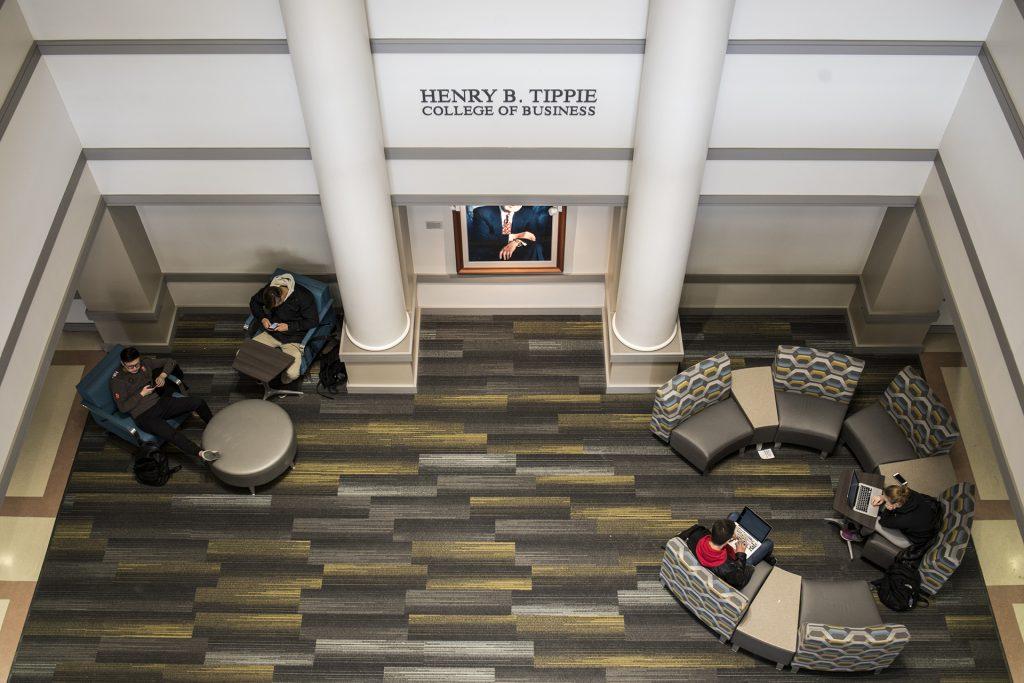Companies in more religious counties have cultures that can help cut down costs and drum up business, according to a new study.
A recent study from the Tippie College of Business found that businesses residing in more religiously focused counties have lower debt costs and higher credit ratings than those in more secular areas. Researchers created a first draft of the study in 2013, and it will be printed later this year in the Journal of Financial and Quantitative Analysis.
Co-author Yiming Qian said researchers used data from the American Religion Data Archive to determine the religiosity of different counties. The archive collects survey data of religious adherence at the county level for the entire U.S., and the researchers used data from 1986 through 2011.
“We measured the ratio of religious people relative to the whole population of the county,” Qian said.
In this study, Qian said, researchers focused on two parts that factor in to the cost of borrowing for publicly traded companies: credit ratings and interest rates. The data showed firms with higher religiosity had a higher credit rating, lowering the cost of borrowing.
“We found there is a positive relationship between religiosity and credit rating … suggesting that the firm should have a lower cost of borrowing,” she said.
Publicly traded firms pay interest rates when they borrow from banks and issue publicly traded funds, and both directly affect their cost of borrowing, Qian said. When comparing counties’ religiosity to their interest rates, Qian said, the two had an inverse relationship, meaning the higher religiosity, the lower the interest rate.
Li noted religiosity is just one part of a larger body of soft information, or information about a company’s culture instead of its business. This information is harder to pin down, but Qian said more people look at it than one would think.
“Our paper basically shows that lenders not only look at hard information, such as their financial statements and earnings, they also look into the softer information, such as management quality and the trustworthiness of the company,” she said.
According to the report, these findings “support the argument that banks have superior abilities in pricing soft information, such as corporate culture,” and public holders don’t have the same skills.
“We did find that relatively more sophisticated investors, in our case bankers, they seem to incorporate this information more than typical public holders,” he said.
Tessa Stahlhut, a sophomore at Tippie, said it makes sense that a company’s culture be looked at by potential investors so they don’t blindly support something they might not like when they learn more.
“I feel like an investor whose morals are against what a company supports won’t want to invest in it,” she said.
These findings could help push companies to take a hard look at their culture, and try to shift it towards something investors want to see, Li said.
“Our study could encourage a firm to look into building a strong culture,” he said.



